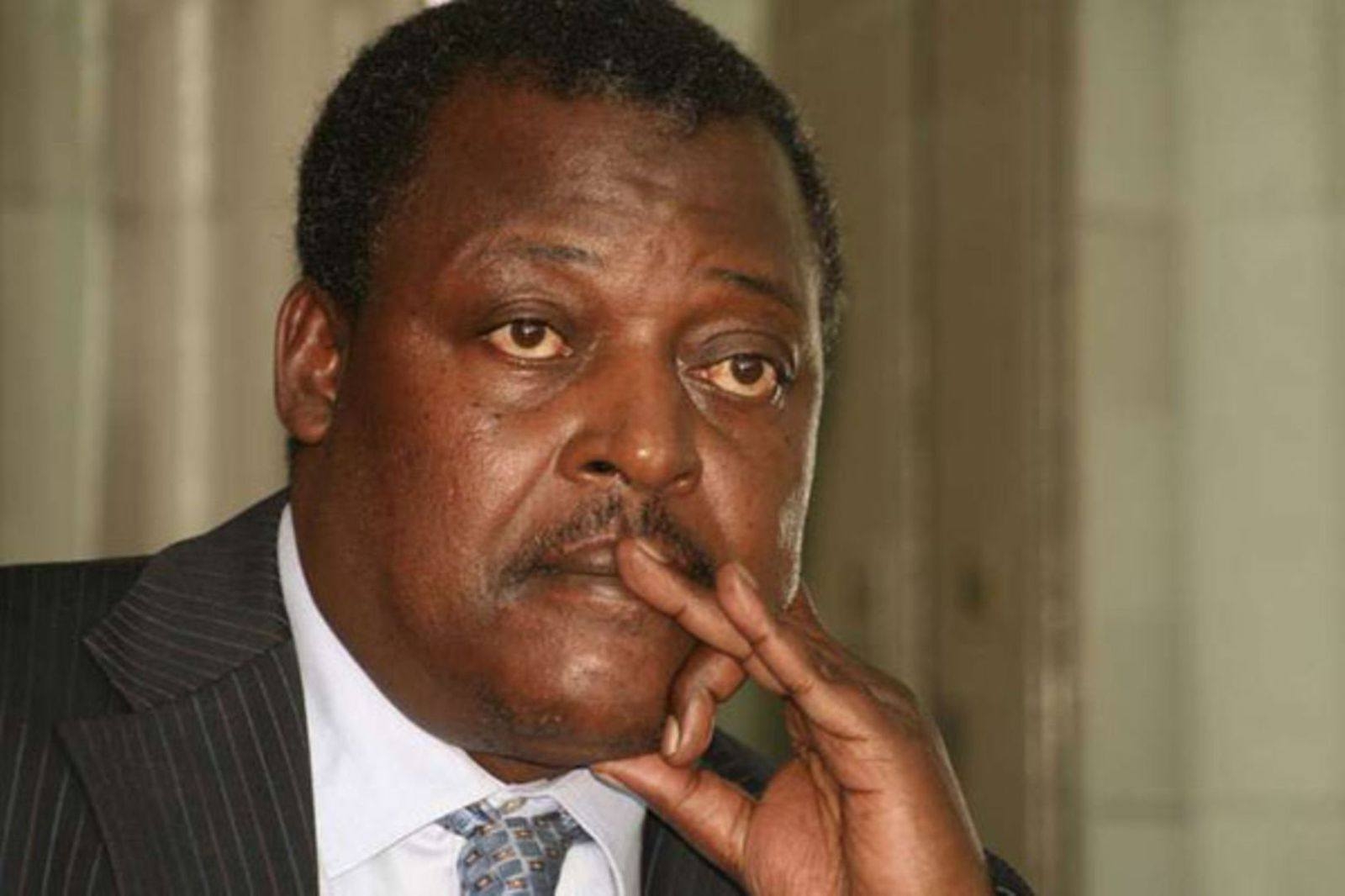Independent Police Oversight Authority commissioners who have just left office have a grim assessment of the police watchdog, concluding that it is technically moribund and too emasculated to be effective.
The Anne Makori-led team served a six-year non-renewable term starting 2018 and exited office in August.
Other members of the defunct board include Jonathan Lodompui who served as the vice chairperson, Doreen Muthaura, JM Waiganjo, Walter Ogony, Praxedes Tororey, Jimmy Mwithi, and Fatuma Mohamed.
The ex-officio members included the chairperson of the Kenya National Commission on Human Rights Roselyne Odede and Ipoa CEO.
Their terminal report handed to President William Ruto makes a candid assessment of the organisation, concluding that most of its challenges are artificial and carefully designed by people not happy by its existence.
These have made it ineffective to hold the powerful National Police Service accountable and force it to follow the law.
For example, the lot is saying that the agency suffers year after year inadequate budget allocation and as if that is not enough, the same budget is either cut or not released on time to enable it implement its programmes in line with its mandate and improve its act.
The impact of inadequate budget allocation “limits the authority from undertaking technical functions and [curtails it] from attending court functions.”
The report also says that the budget limitation has curtailed its ability to hire qualified technical talents to enable it do robust and timely investigations of cases its dealing it.
The report also finger the leadership of the NPS for instilling impunity among ordinary police officers who brazenly ignore Ipoa’s summonses.
It cites “non-cooperation by some witnesses” and that “this hinders effective investigations hence emboldening officers to continue with misconduct.”
The report also says that Ipoa is battling “non-cooperation by some members of NPS”, a fact which has been largely been blamed on top command of the service which provides the subtle message to lower ranks and file that they have the freehand to use brute force among other illegal activities and benefit from protection from Ipoa.
In fact, the height of alleged police impunity was on display during the youth-led protests. Ipoa was forced to threaten a legal fight with NPS accusing, it of refusal to cooperate with its investigations.
Then Ipoa commissioner Waiganjo said the police had refused to avail deployment schedules, arms registers, records of their usage and ignoring summonses it issues.
Waiganjo said the organisation was considering seeking warrants of arrest against some senior commanders and top bosses, whom he said are blocking their access to crucial documents.
“In the life of Ipoa, we have not seen the levels of noncooperation from senior commanders that we are seeing now,” he said.
The commissioner added that as per the law, the authority has to obtain certain documents from the police in the course of its investigations to build a reasonable case, but the stonewalling has impeded it.
“We have to go back to them to obtain certain documents, the essential one that we cannot move forward without. [But we are in] a very hostile environment where when our officers go out there, they don’t get information they need and when we issue summonses, they are not responded to.”
Moreover, when a crime has been committed by a police officer, the report says, there is deliberate investigation by security apparatus, even though it's Ipoa with the express mandate to probe and provide oversight on police activities.
This duplication undermines the authority and effectively bungles investigation, hence giving rogue officers a smooth pass.
The parallel investigations are often carried out by the Directorate of Criminal Investigations and the NPS’ internal affairs unit.
“[This has led to] ineffective utilisation of public resources, harassment of suspect and witnesses, and inefficiency and duplication of efforts,” the report reads.
The harassed witnesses suffering the crosshair of the multiple investigations tends to coil back from testifying and providing crucial evidence, hence undercutting the cases, giving the rogue officers a lifeline, it says.
Moreover, the report says Ipoa is awfully understaffed and technically does not have the human capital to execute its mandate.
The import of this is struggling under the weight of massive workload that makes the investigation drag for a long time, making the victims of alleged abuses lose confidence in the capacity of the authority to serve them justice.
“[There is] heavy workload on existing personnel [and with this] Ipoa struggles to handle the volume of complaints and investigations, potentially leading delays in addressing complaints,” the report reads.
Further, the report cites longer time it takes in the hearing and determination of cases emanating from Ipoa and that this delay has been eating off the public confidence it badly needs to be effective in its work.
Also, its investigators are not armed yet they are primarily investigating armed officers and this makes them exposed to attacks or reprisal attacks by officers.
This revives previous push by the authority to have their technical personnel, investigators and analysts to be armed for their own safety and protection as they carry out their work.
“[There are work-related risks and this] jeopardises the safety and well-being of Ipoa staff, making it challenging to conduct investigations and oversight activities,” the report reads.











